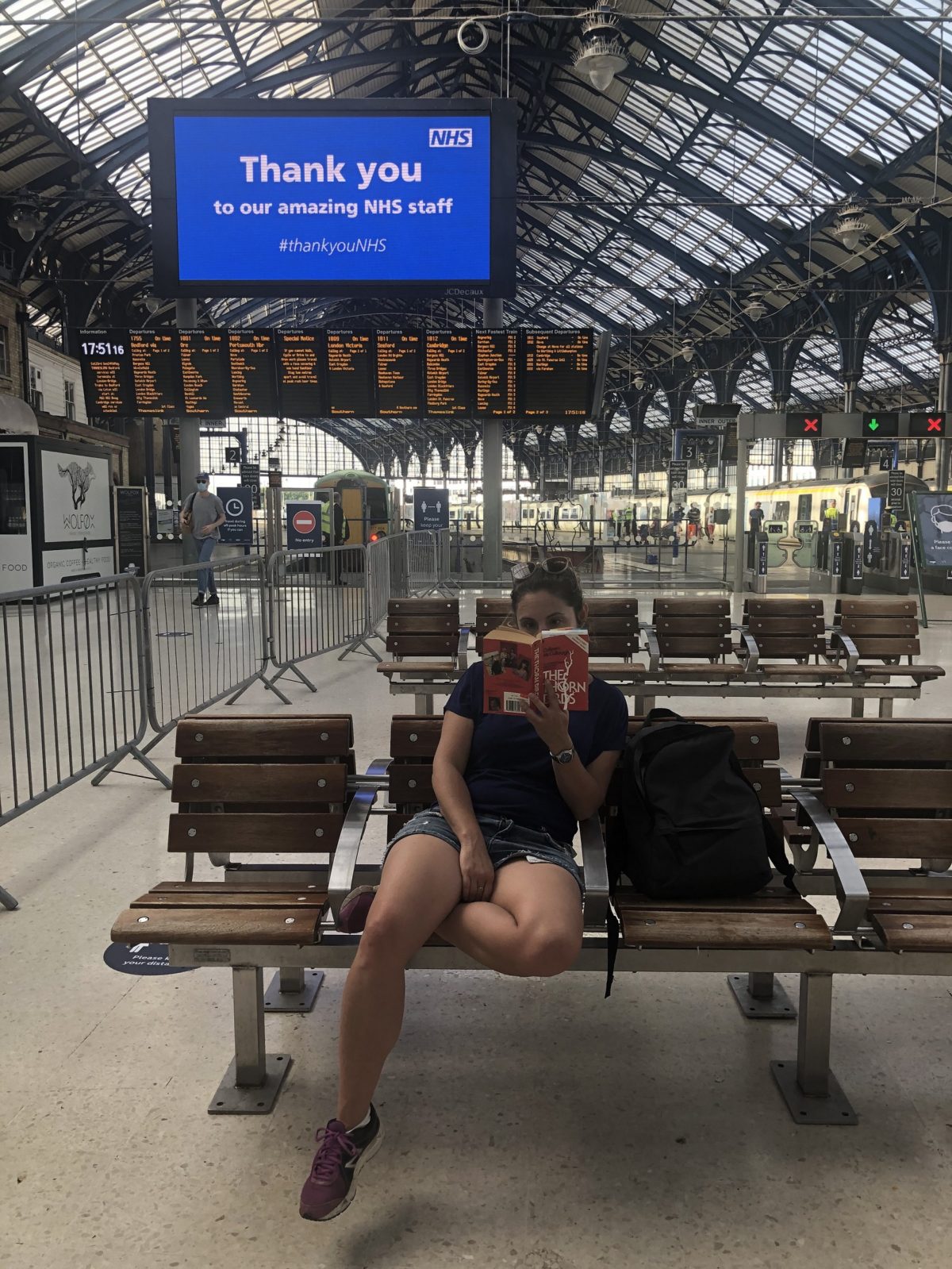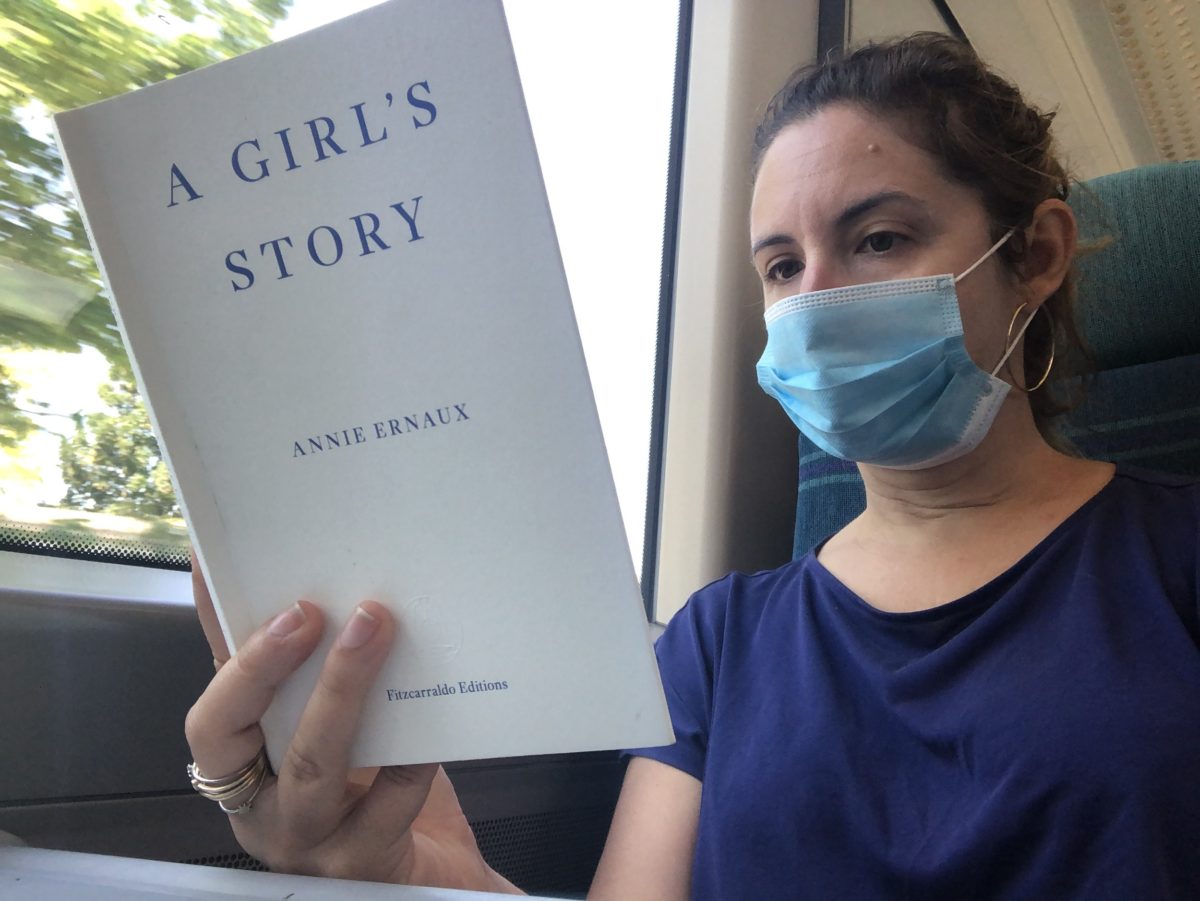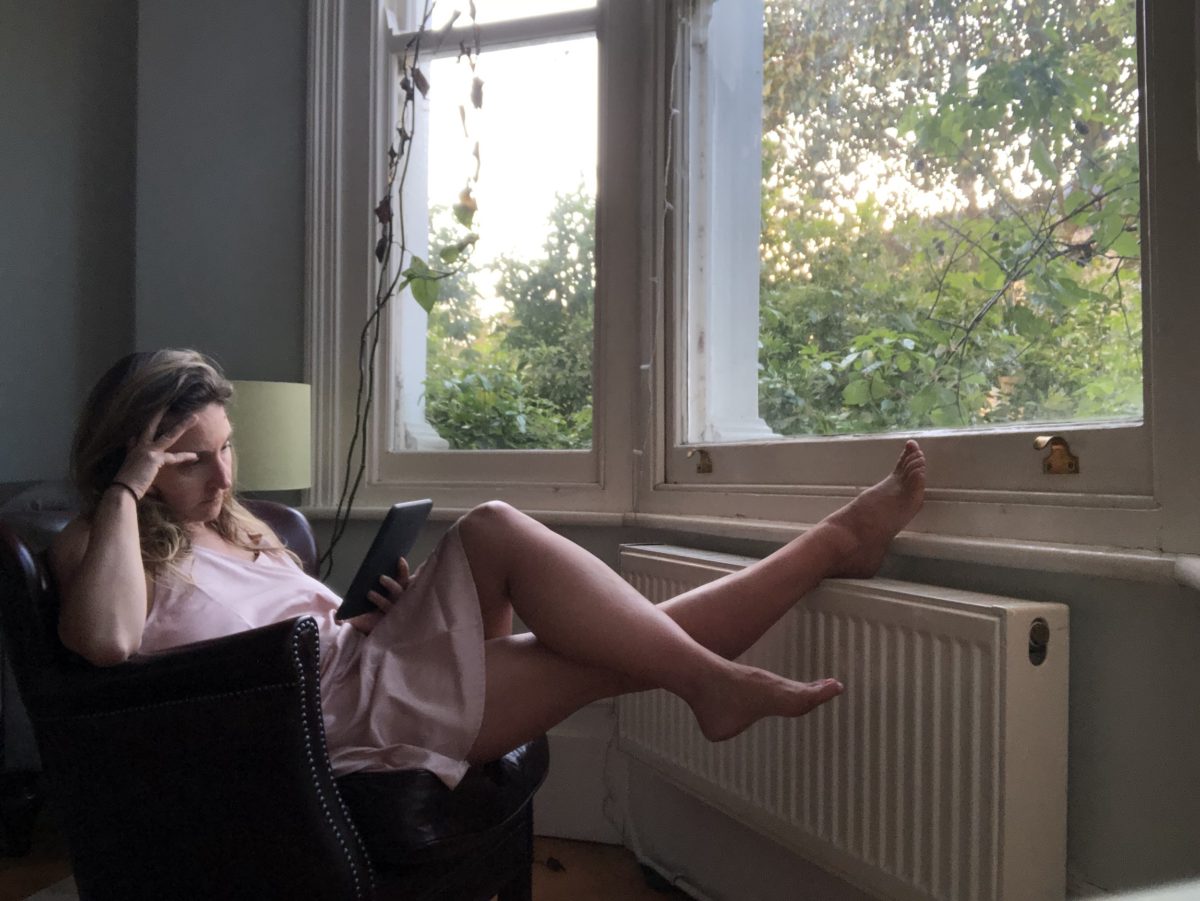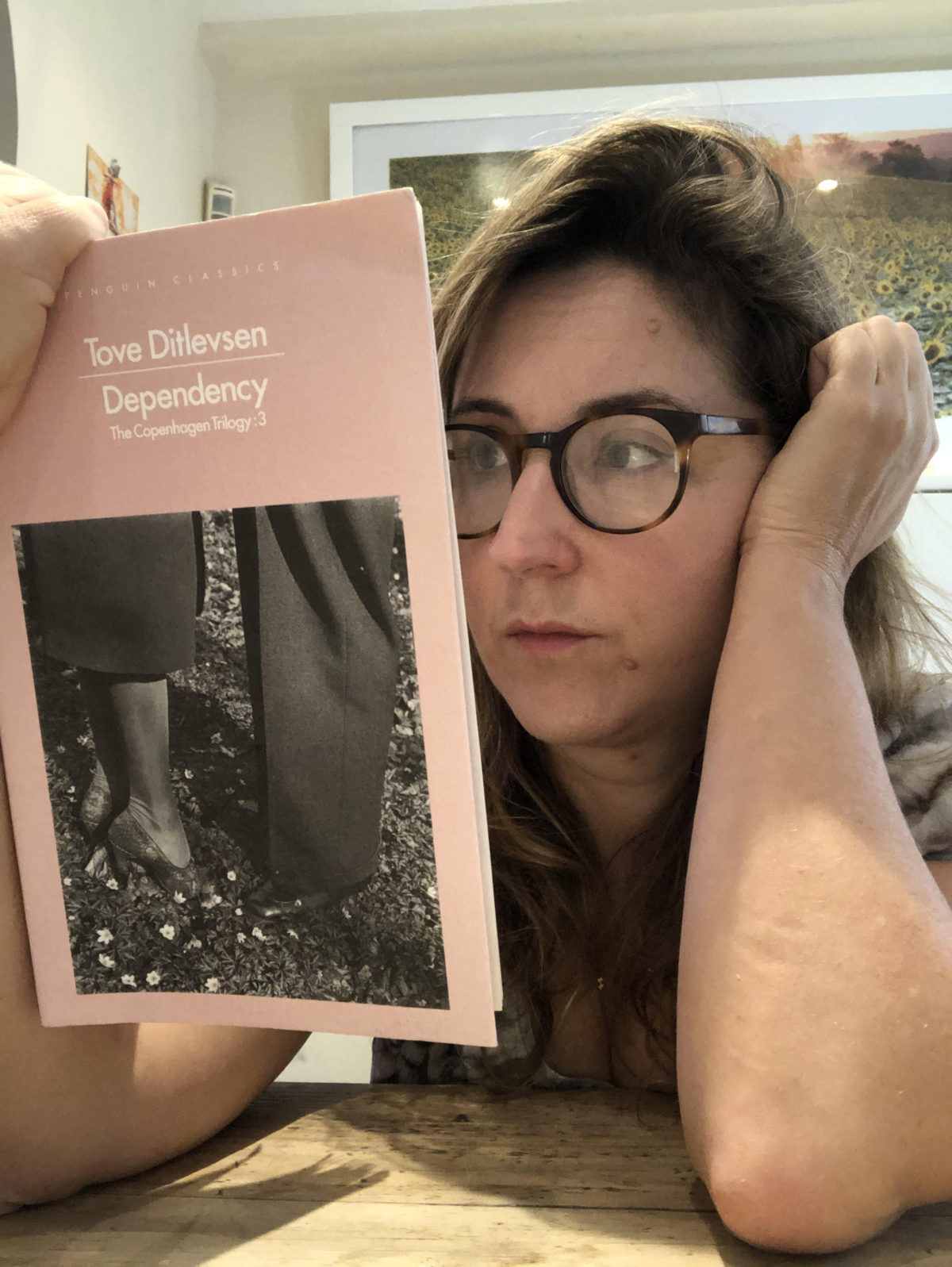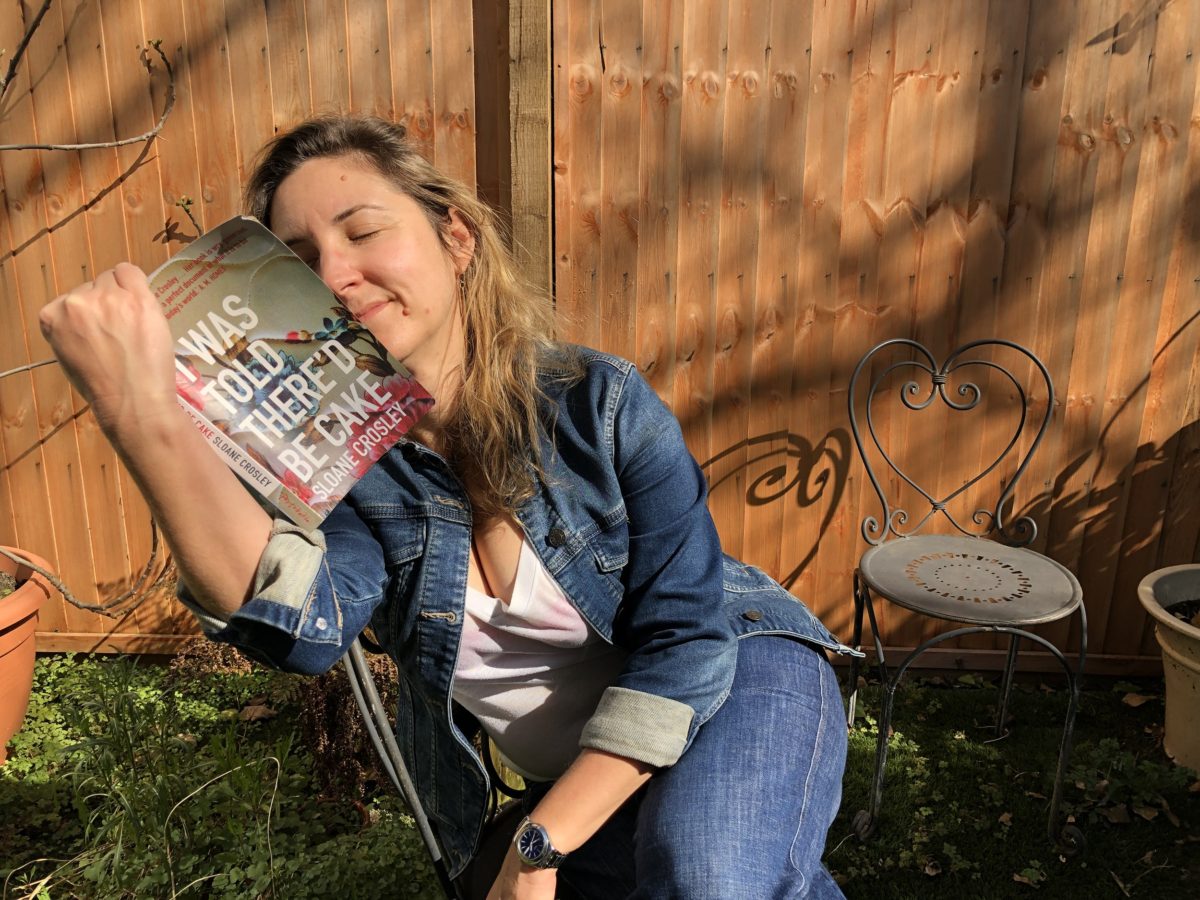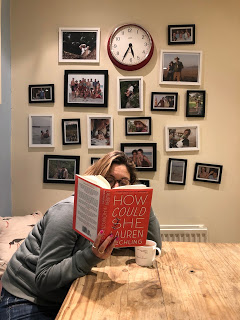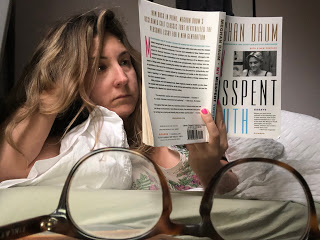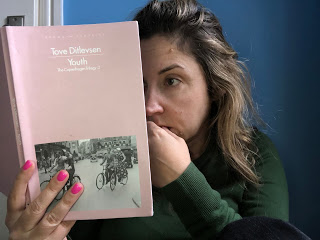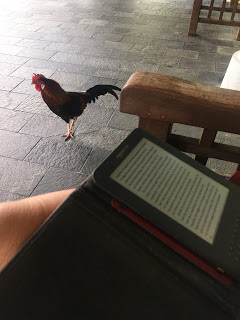Colleen McCollough was working as a medical researcher when she found out she was making less than male colleagues. Determined to make more, she turned to art. Incredibly, this gambit worked. This epic of an Australian family was a bestseller and spawned a very popular mini-series. (“Instant vomit,” according to McCollough).
While I can see many issues with this book, including extreme cheese and really stilted dialogue, I have to go ahead and confess: I enjoyed it. Partly, I enjoyed the plot, with this much older priest falling in love with this young girl. But mostly I enjoyed the setting. For example, did you know that if you can shear sheep fast, (three hundred a day) you are a ‘dreadnought’ and can make as much money from betting how fast you can go as from actually shearing. Also did you know that in shearing sheds:
At each’s man’s stand . . . was a circle of flooring much lighter in color than the rest, the spot where fifty years of shearers had stood dripping their bleaching seat into the wood of the board
Despite this being in many ways an old-fashioned book, McCullough certainly is unafraid to advance a specifically female view of the world. She has a lot to say about domestic drudgery, and about how no one actually loves any of their kids after the fifth, and about how the men in rural Australia think they are good kissers only because the women are good liars.
That instant vomit thing tips you off. This lady was a character. She was convinced all critics knew ‘in their hearts’ she was just smarter and better than them. She wrote 30,000 words a day, and virtually ‘never made mistakes’ because she had perfect spelling and great grammar. And she died a millionaire many times over, so take that, other medical researchers
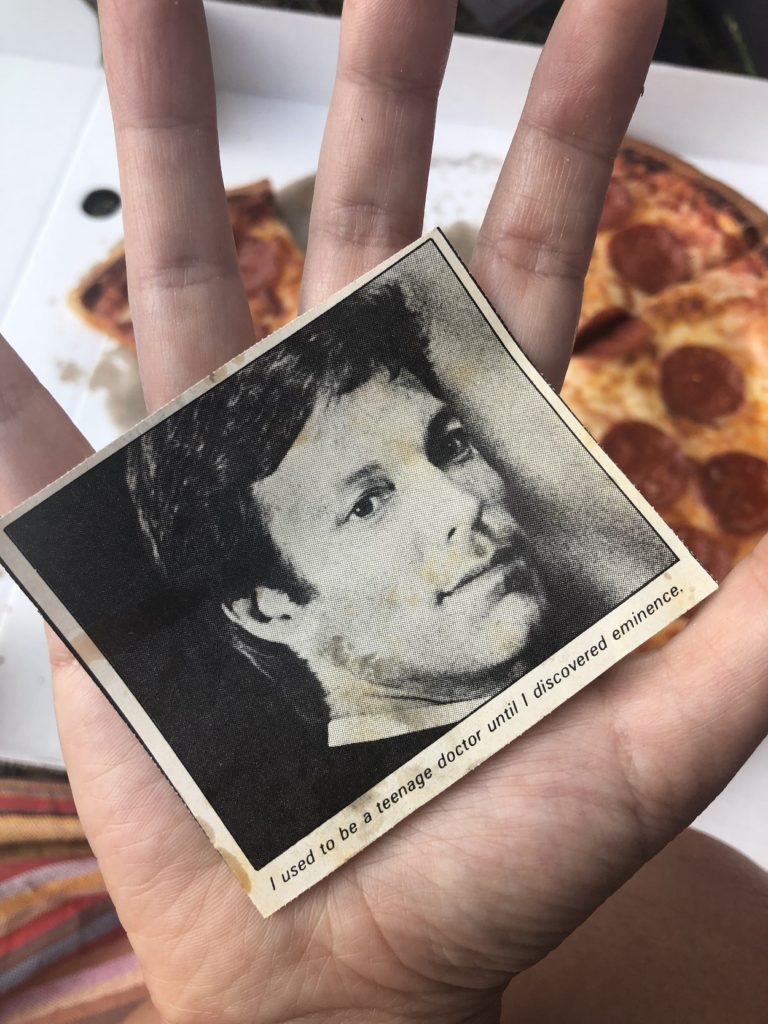
Let me note that I read this in my absolute favourite format, which is a very elderly second hand paperback, with browned pages, and as an amazing bonus it even had a weird newspaper clipping as a bookmark. Enjoy the mysterious caption especially: “I used to be a teenage doctor until I discovered eminence.”

